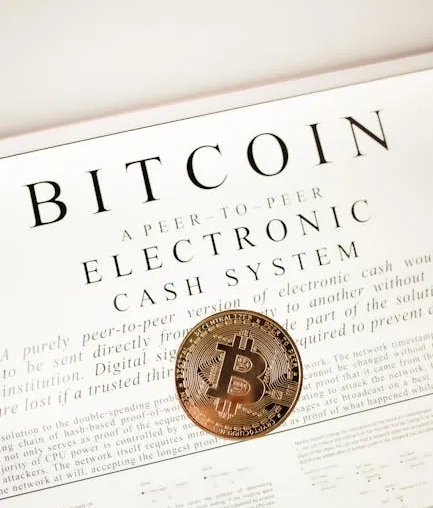
The Rising Threat of Crypto Phishing: A $1.2 Million Loss on a Fake Uniswap Site
In the ever-evolving world of cryptocurrency, the dangers associated with phishing scams are becoming increasingly pronounced. Recently, a user in the decentralized finance (DeFi) space fell victim to a cleverly disguised fake Uniswap site, resulting in a staggering loss of $1.2 million. This incident highlights not only the vulnerabilities within the crypto ecosystem but also raises serious concerns regarding the effectiveness of major tech companies in combating these scams.
Understanding the Phishing Scam
Phishing scams are malicious attempts to trick individuals into revealing sensitive information by masquerading as legitimate entities. In the case of the fake Uniswap site, the scammers created a near-identical replica of the actual platform, luring unsuspecting users to input their private keys and wallet information. Once the information was compromised, the scammers swiftly drained the user’s funds.
The Role of Big Tech
Despite the growing prevalence of these scams, responses from big tech companies have been inadequate. Platforms like Google have faced criticism for allowing phishing websites to appear in their advertisements. This not only misleads users but also undermines the trust that is essential for the growth and stability of the cryptocurrency market. The fact that such sites can easily slip through the cracks of rigorous security checks calls into question the safety measures that are supposed to protect users.
Why Are Phishing Scams on the Rise?
There are several factors contributing to the surge in phishing scams within the crypto space:
- Increased Popularity of DeFi: As decentralized finance platforms gain traction, they also attract the attention of malicious actors looking to exploit new users unaware of the risks involved.
- Ease of Creating Fake Websites: With readily available tools and templates, scammers can quickly set up fake websites that mimic legitimate platforms, making it challenging for users to differentiate between the two.
- Lack of User Education: Many new entrants into the cryptocurrency market lack adequate knowledge about security practices, making them more susceptible to phishing attempts.
Protecting Yourself from Phishing Scams
While the responsibility for combating these scams partially lies with tech companies, users must also take proactive steps to protect themselves. Here are some essential tips:
- Verify URLs: Always check the URL of websites before entering any sensitive information. Ensure that the site you are visiting is the official one.
- Enable Two-Factor Authentication: Use two-factor authentication for all your crypto accounts to add an extra layer of security.
- Educate Yourself: Stay informed about the latest scams and security practices. Knowledge is your first line of defense against phishing attempts.
Conclusion
The recent $1.2 million loss on a fake Uniswap site underscores the urgent need for improved security measures in the cryptocurrency space. Users must remain vigilant and educated about the risks associated with phishing scams, while tech companies need to step up their efforts to create a safer online environment. As the crypto landscape continues to grow, so too must the commitment to protecting its users.



